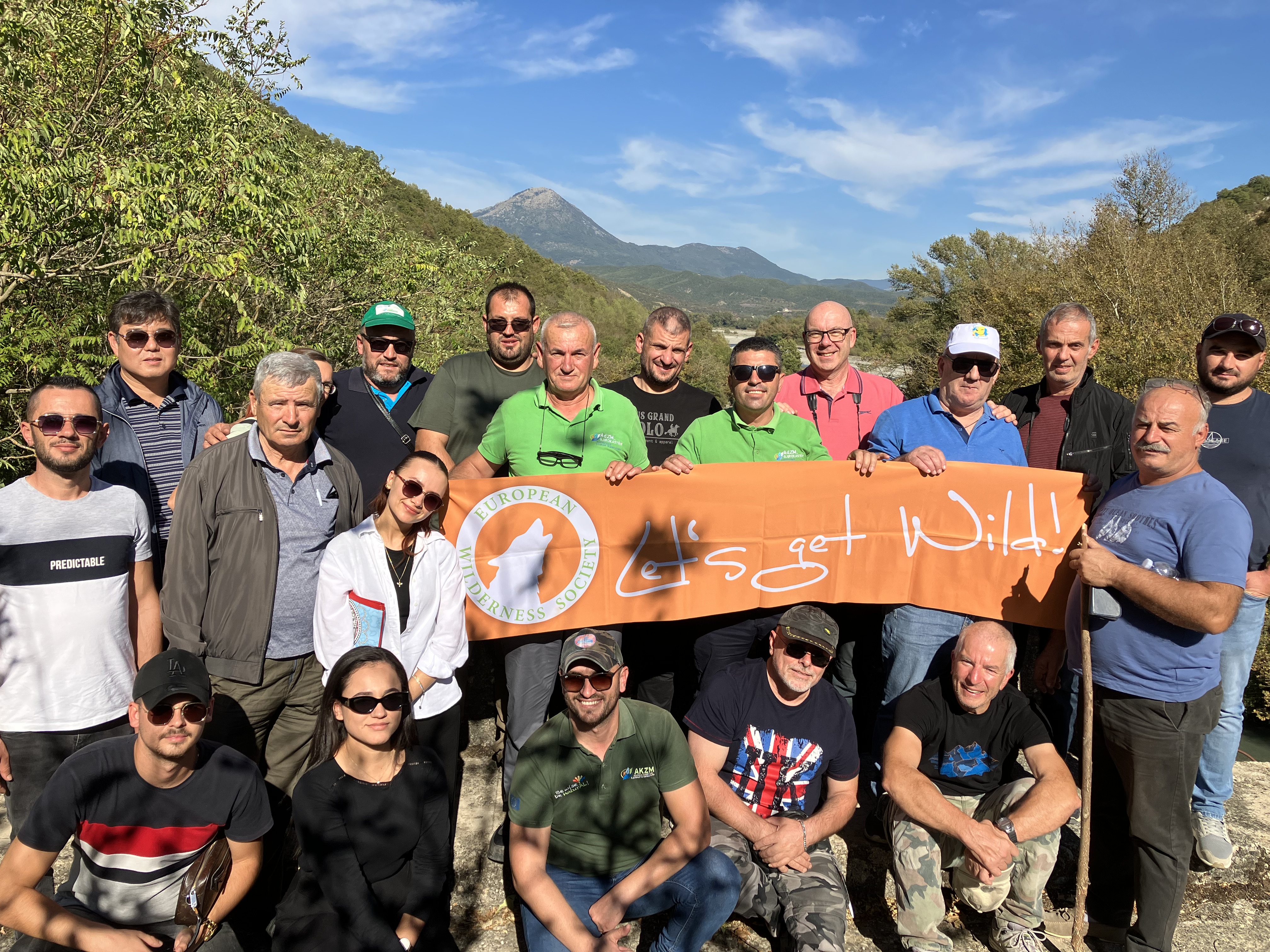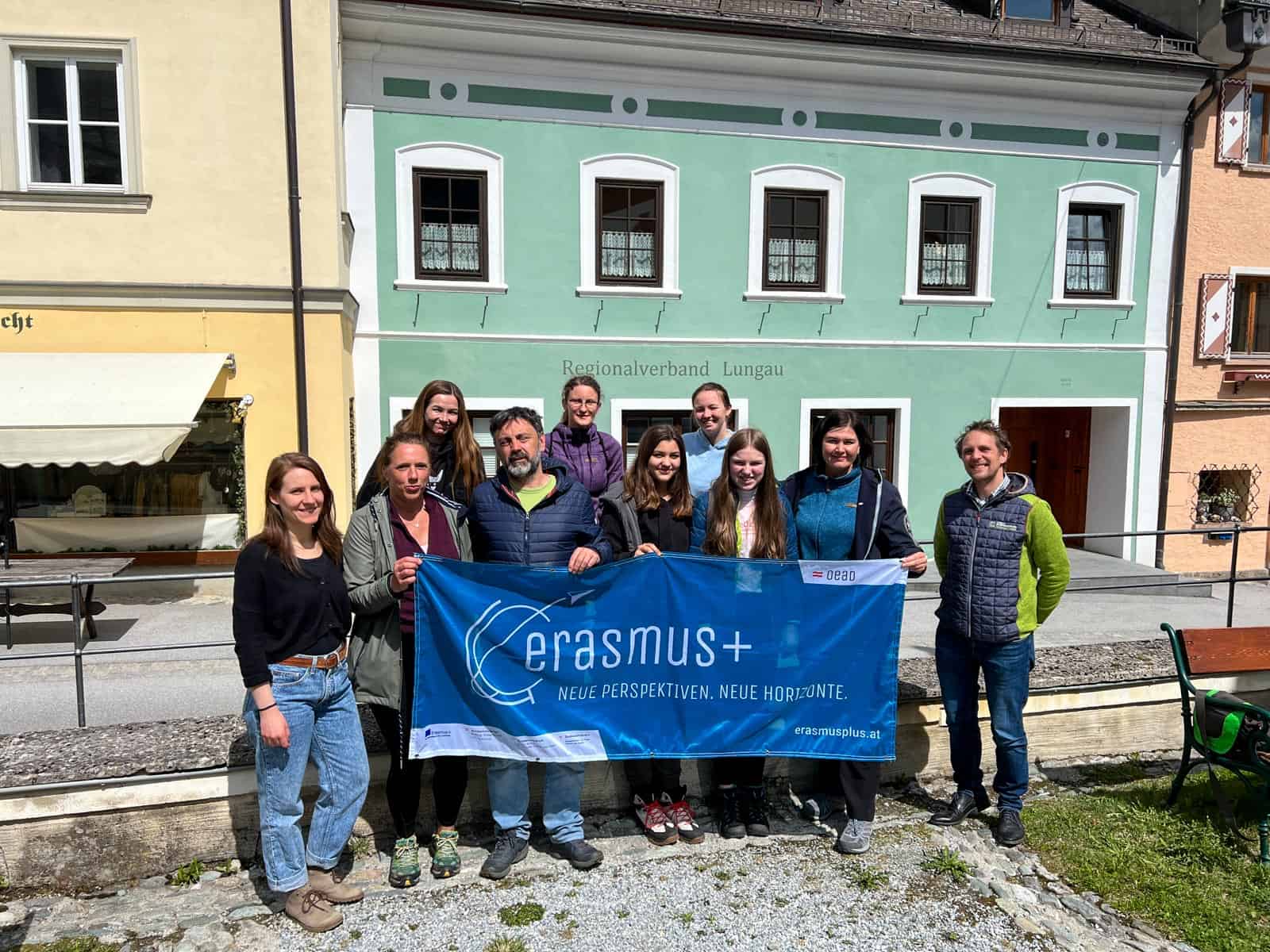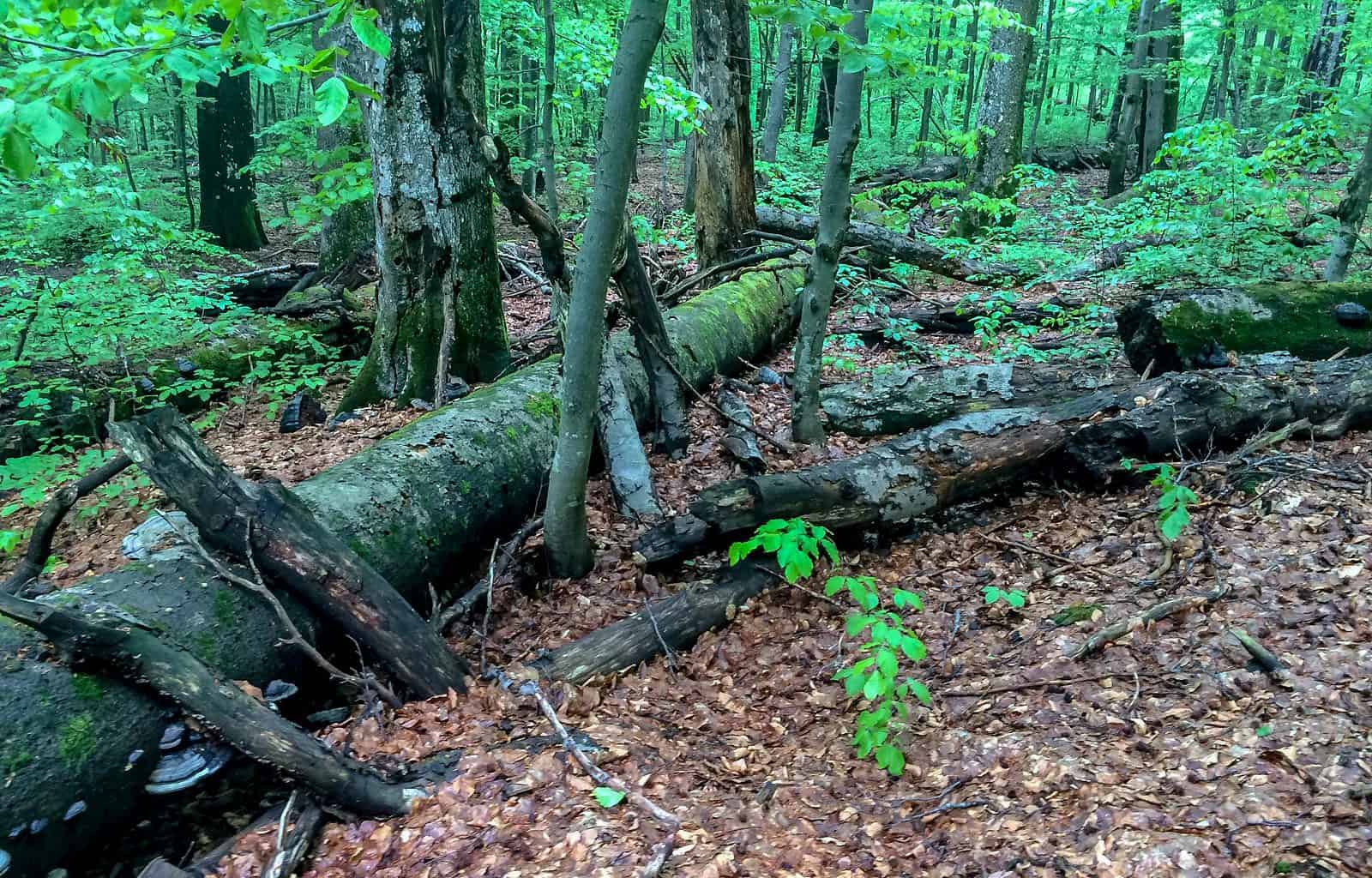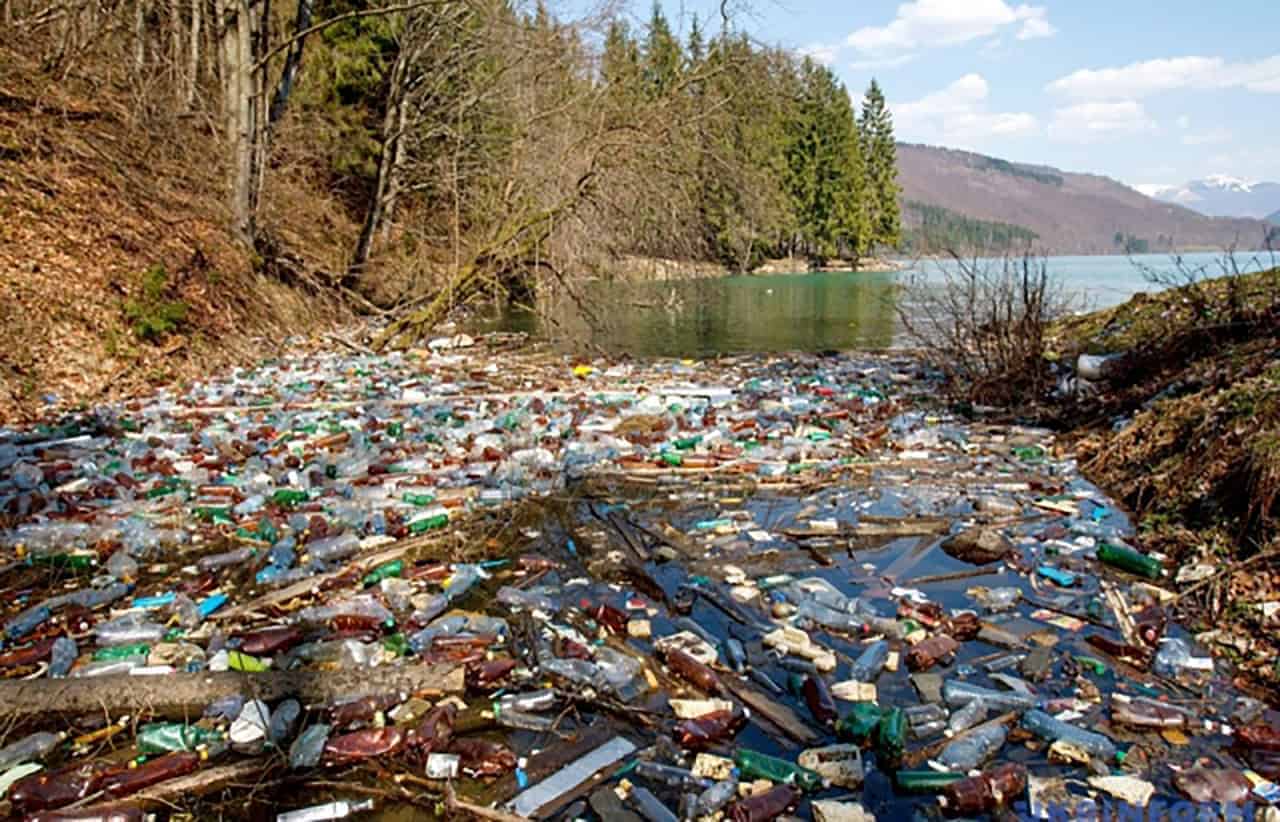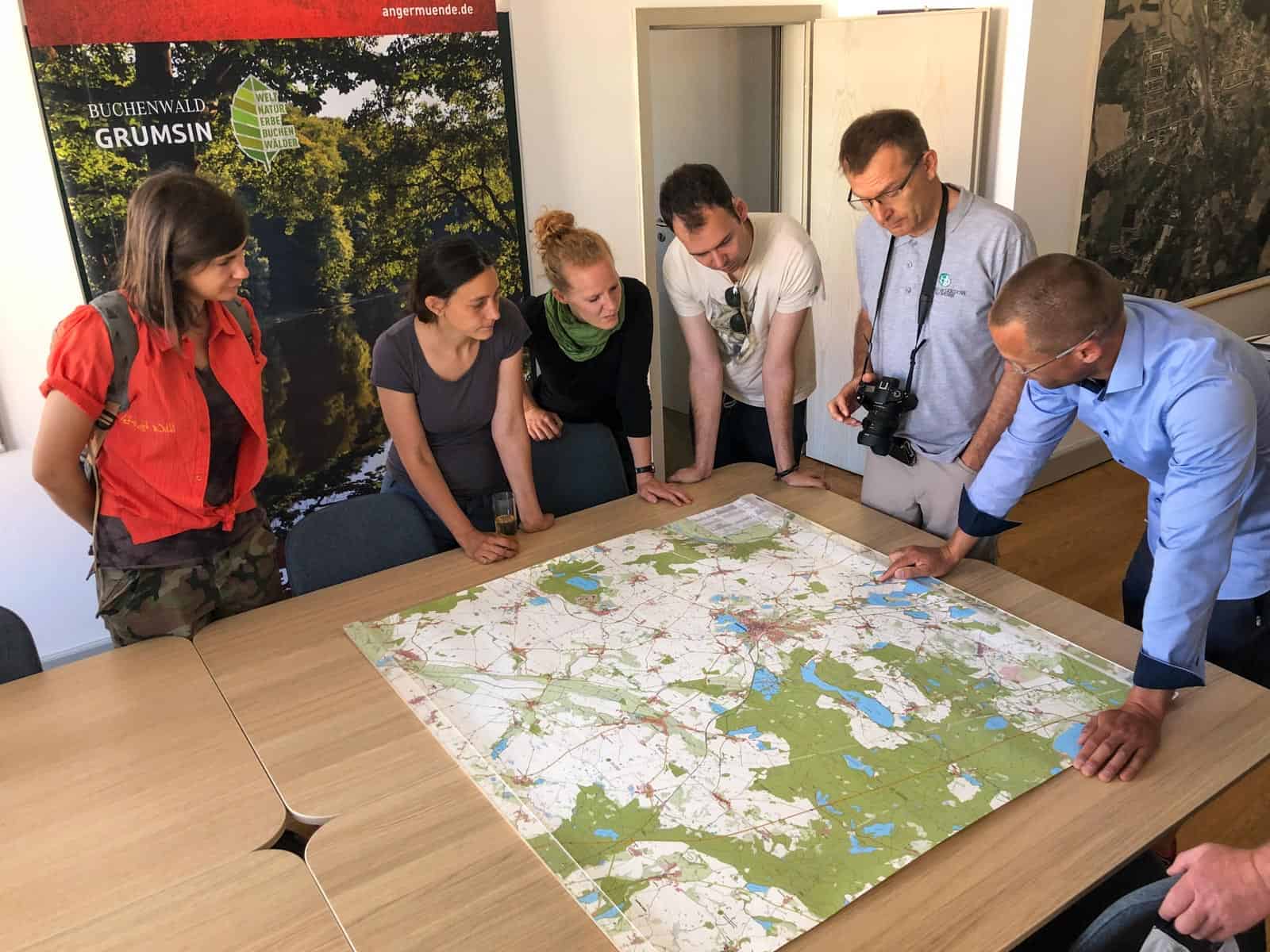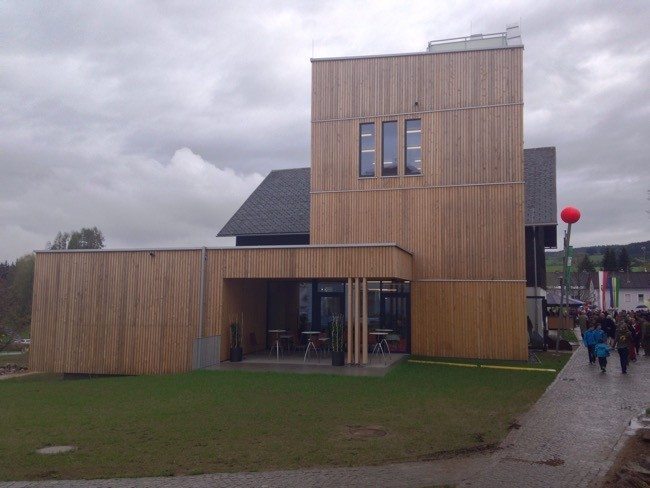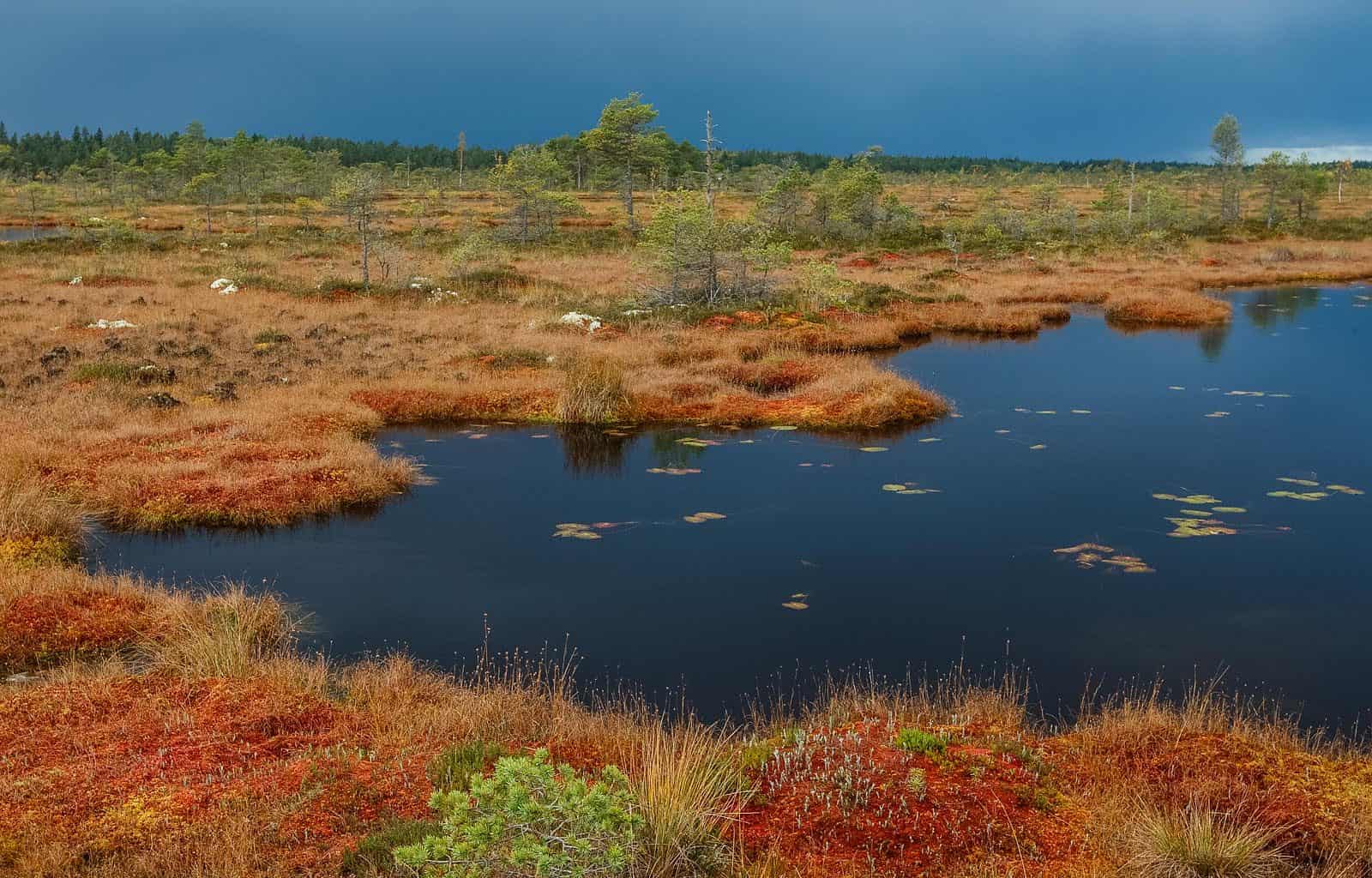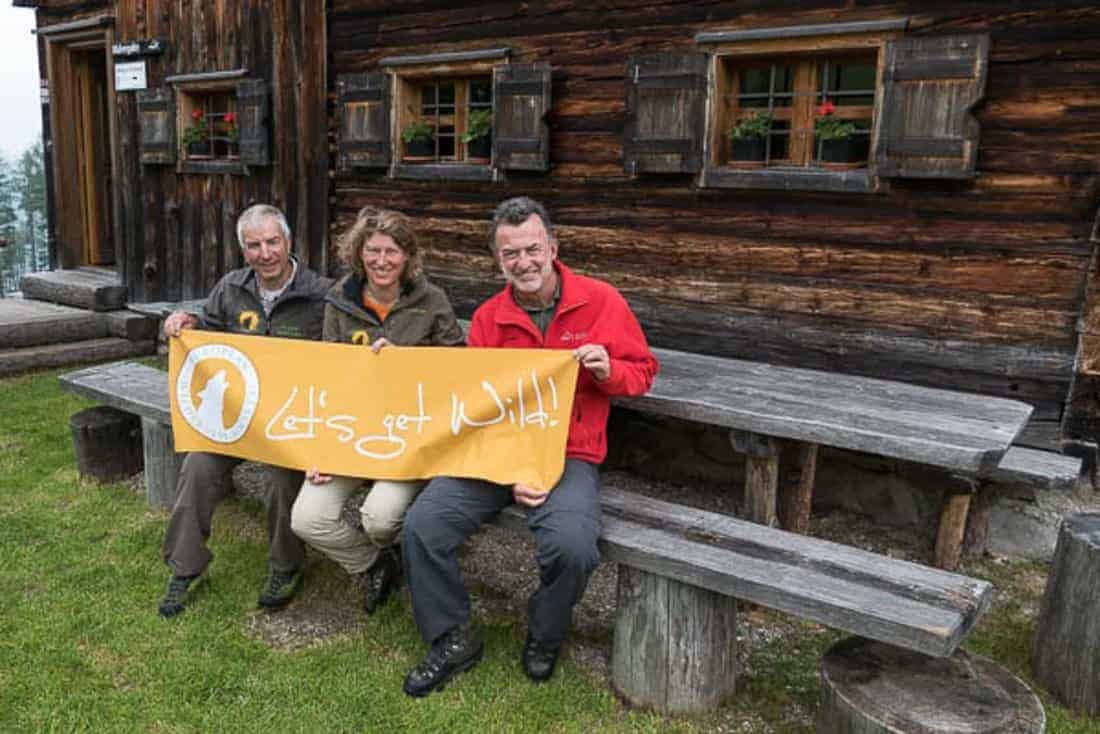Rangers in Vjosa Wild River National Park
Rangers in Vjosa Wild River National Park (WRNP) play an important role in preserving its unique biodiversity and ecosystems. They enforce conservation rules, monitor wildlife, and educate visitors and local businesses on principles of responsible tourism.
Rangers are instrumental in maintaining the delicate balance between human activities and the protection of this vital natural habitat, ensuring the sustainability of the park.
Ranger is a worldwide profession
Rangers are guards of protected areas and there are a number of rangers’ duties relevant for all protected areas. These duties include knowledge of the park, interaction with locals and visitors and support of the park management. There is also a list of additional duties which are specific for each protected area such as interaction with native people, control of illegal state border crossing, smuggling or even dealing with migrants passing by or through the protected area.
In addition, each protected area has its own specifics where rangers work is focused on, e.g. monitoring, communication with local stakeholders, poaching control or mitigation of high tourism impact.
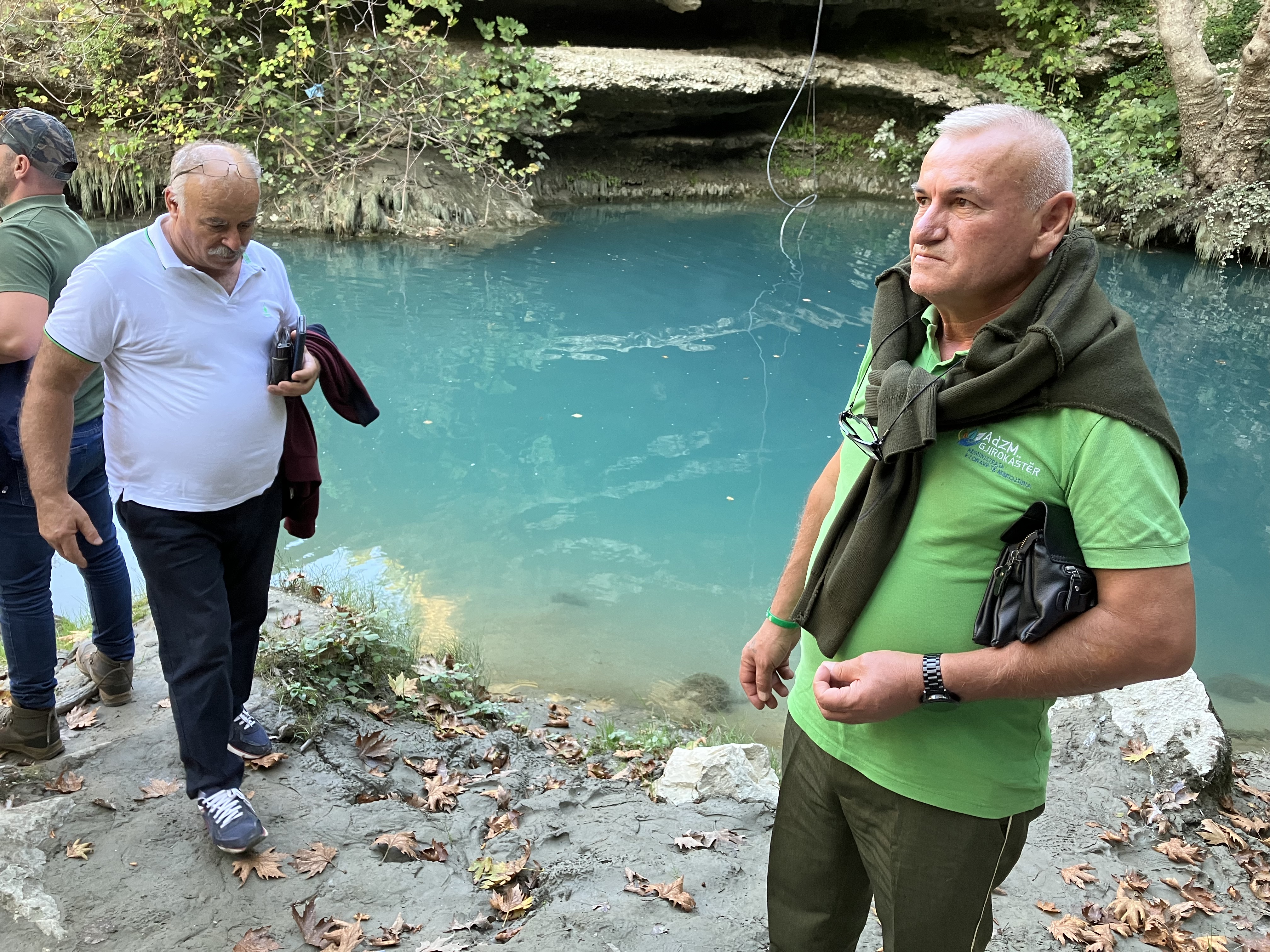
Role of the ranger
Rangers have an irreplaceable role in the short-term and even more in long-term management of protected areas. The ranger is very likely the very first person who comes in contact with local people, visitors and other protected area users.
Rangers’ key skill is competence. It is the proven ability to perform a task or to do a job, widely defined in terms of the combination of required skills, knowledge and attitude.
Management challenge in Vjosa WRNP
With a length of 272 kilometres, the Vjosa River is the longest river in Albania. The river flows from high mountains through deep canyons and through a large plain, and finally flows through a vast delta into the Adriatic Sea. Each part of the river the northern, central and southern parts of the park has, is dealing with different challenges to be solved. This situation requests a specific approach and very professional management.
The top management challenge throughout the whole river system is protection of biodiversity, particularly viable communities of species that have largely or completely disappeared from other European rivers systems. The second demanding task is balancing sustainable development in partnership with local communities.
Situation in Vjosa WRNP
The Vjosa WRNP rangers know the park territory well. Many of them have practical experience with fire monitoring, know the majority of relevant local stakeholders, and they learn how to interact with visitors. There are several other important skills which the Vjosa WRNP rangers will have to improve and learn. These are first aid skills, understand river ecology, maintenance of tourism facilities, interaction with visitors or even learn a foreign language.
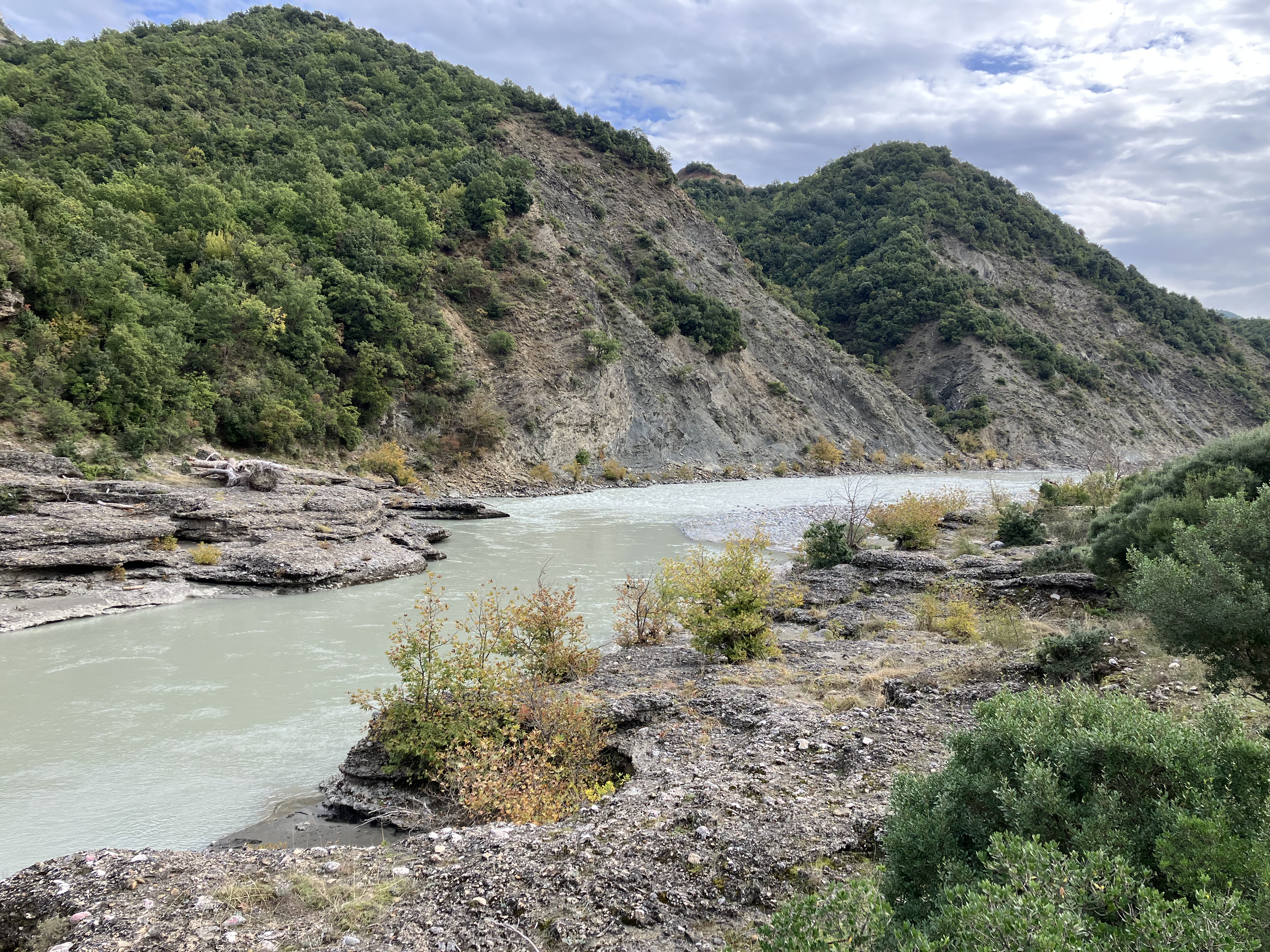
Rangers in Vjosa WRNP
Regular, comprehensive, practical ranger trainings are vital for updating skills, enhancing adaptability, and fostering effective conservation. Regular trainings ensures that rangers are equipped to address various environmental challenges.
The rangers in Vjosa WRNP have their own training system. Due to a lack of resources the trainings are organized randomly, based on need and available resources.
More common are informal on-the-job trainings with peers. This approach is particularly important for new rangers, their skill development and collecting knowledge. This approach also naturally fosters collaboration and improves teamwork, and supports to create a dynamic learning environment for the rangers’ continuous professional growth.
It is quite a challenge (logistically and financially) to implement good training. The Vjosa WRNP covers extensive areas and rangers are distributed all over, sometimes even in a remote corner of the protected area.
Preparing, gathering, and implementing good comprehensive ranger training in such conditions poses logistical and financial challenges. Coordinating schedules, securing resources, and providing quality training demands substantial investment. Lack thereof hinders widespread and effective implementation.
Rangers interest for training
An interesting finding is that rangers from Vjosa WRNP, especially the younger ones, have an interest to learn and are open to improving their skills. More and more current rangers are aware that in the coming years their main tasks will very likely change. In that case, further training focused for example on the dynamic river system and biodiversity monitoring, but also learning how to handle more interaction with visitors, will be very necessary.
Conclusion
The rangers in Vjosa WRNP are constantly improving their knowledge and skills through training. Younger rangers in particular are interested in increasing their capacity and knowledge.
There is a need to improve ranger knowledge and skills in Vjosa WRNP. The priority is to gain knowledge about the dynamics of the river system, basic skills to protect the Vjosa river ecosystem, principles of effective communication, organising volunteer work, etc.
Vlado Vancura, European Wilderness Society

